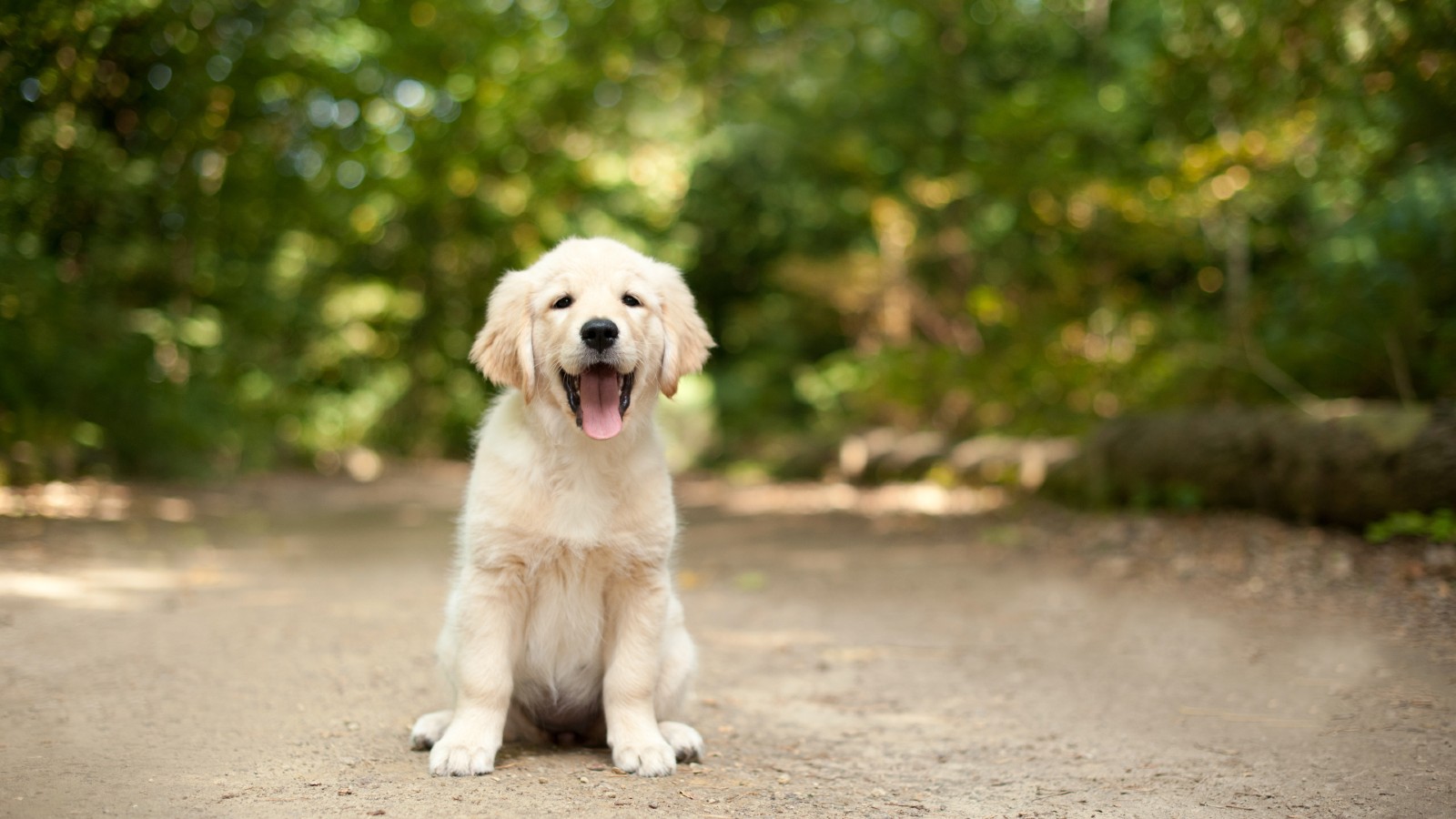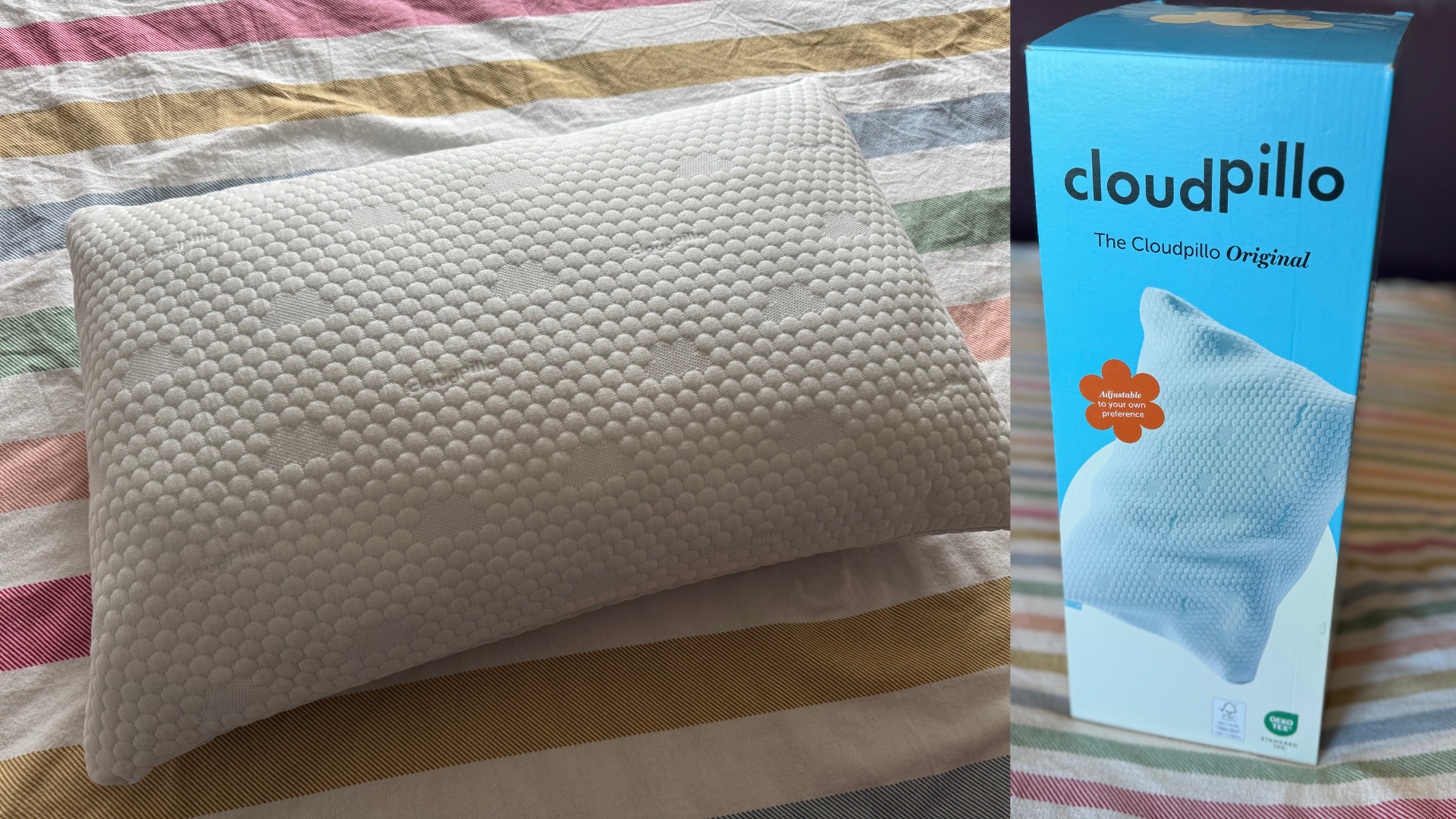A new study warns against feeding your dog leftovers
The study found certain vegetables were linked to deadly canine heart disease

Many people trust that dog food sold in major pet stores is safe. But a new study from Tufts University published in Scientific Reports found a link between certain foods and the development of canine dilated cardiomyopathy (DCM), which causes a dog’s heart muscle to enlarge and is often fatal.
The disease enlarges the heart, which makes it more difficult to pump blood, and can lead to a heart valve leak or fluid build-up. The study found peas to be the worst food for dogs. The findings are concerning, given that peas, lentils, chickpeas and other legumes are common in dog food. The U.S. Food and Drug Administration (FDA) is investigating ‘grain-free’ dog foods containing legumes.
You might also like…
Are you mothering your pet? Here’s what ‘pet talk’ really means
While the study showed a link between peas and other foods and DCM, researchers are not sure of how the foods cause the disease. 'Until we know the exact cause, we want to be cautious of all the ingredients the FDA is investigating,' study author Dr. Lisa Freeman at Tufts University told NBC News. “This research helps us narrow down the targets to look at so we can focus on the most likely causes and get to an answer more quickly and prevent other dogs from being affected.”
Current guidelines can be confusing for pet owners. The American Kennel Club, for example, says it’s ok to feed dogs peas on occasion, as long as they are not in a can with added salt. The U.K.–based charity People’s Dispensary for Sick Animals also says peas are safe. That contradicts the FDA investigation.
The Tufts University research compared 830 compounds in nine traditional dog foods to nine that the FDA has associated with DCM. Researchers found 122 compounds were significantly higher in certain foods, and a machine learning algorithm narrowed the number of compounds to 30. Peas were the most strongly associated with the 30 compounds.
“This is a complex scientific issue that may involve multiple factors, though the overarching link appears to be grain-free diets,” the FDA said in a statement.
It’s easy to not feed your dog leftover peas at the dinner table, but concerned pet owners should also look at pet food ingredients to be safe.
Sign up for the woman&home newsletter
Sign up to our free daily email for the latest royal and entertainment news, interesting opinion, expert advice on styling and beauty trends, and no-nonsense guides to the health and wellness questions you want answered.
Rebecca Holland is a travel and food writer based in Chicago. She has written for the Guardian, New York Times, Architectural Digest, Food & Wine, Wine Enthusiast and more. She is currently a graduate student at Northwestern's Medill School of Journalism. When not working, you can find her eating her way through Chicago's neighborhoods, or in non-pandemic times, traveling around the world.
-
 The Handmaid's Tale: Does June get Hannah back at the end of season 6?
The Handmaid's Tale: Does June get Hannah back at the end of season 6?It's been June's endgame from the very first moments of The Handmaid's Tale, but will she be reunited with her daughter Hannah at the end of season 6?
By Lucy Wigley
-
 My decades-long quest for the perfect pillow ends here, but forget what you think you know about memory foam
My decades-long quest for the perfect pillow ends here, but forget what you think you know about memory foamPacked full of tiny pieces of shredded memory foam with a dual-sided cover to keep you cool, this is the next best thing to sleeping on a cloud
By Heidi Scrimgeour